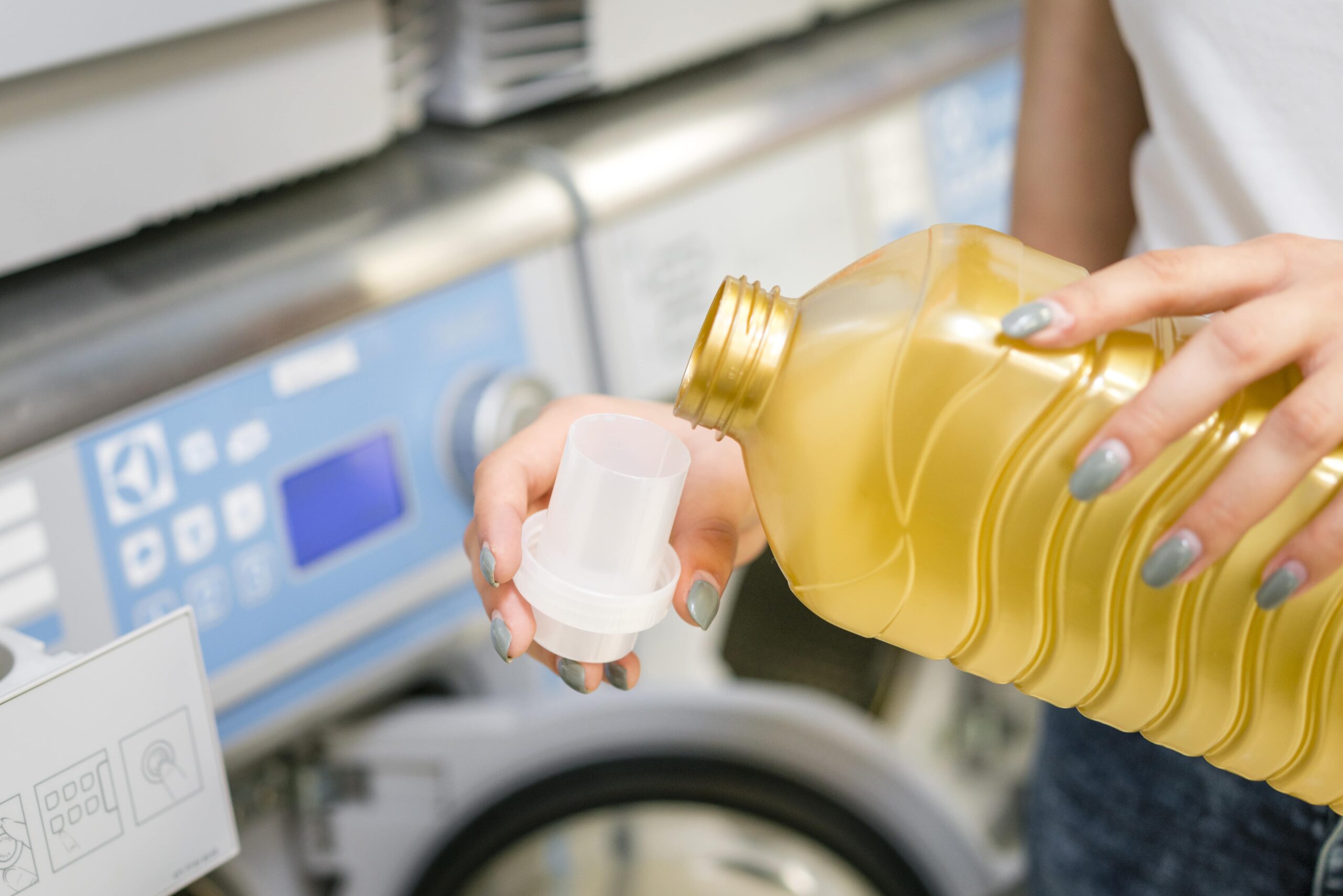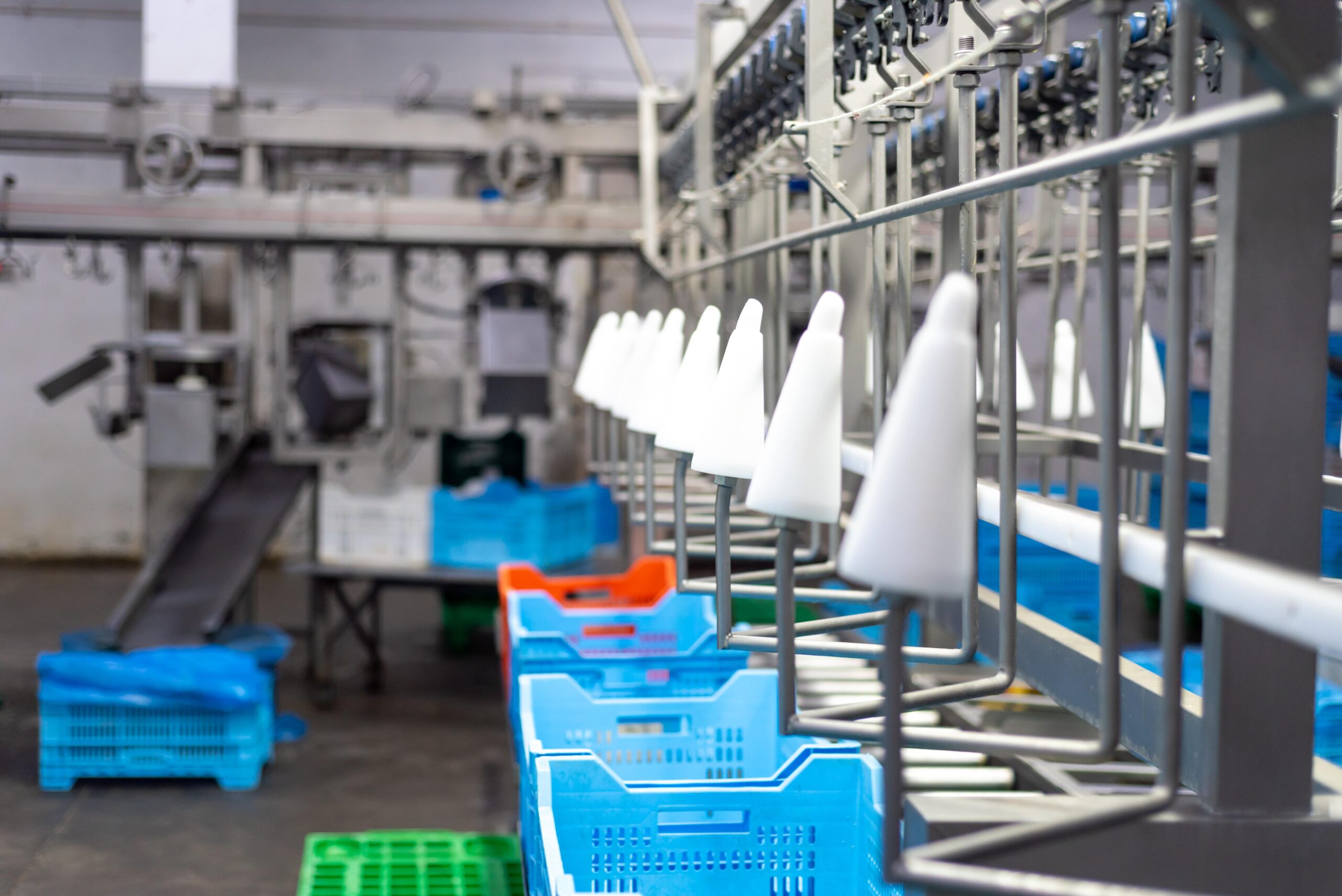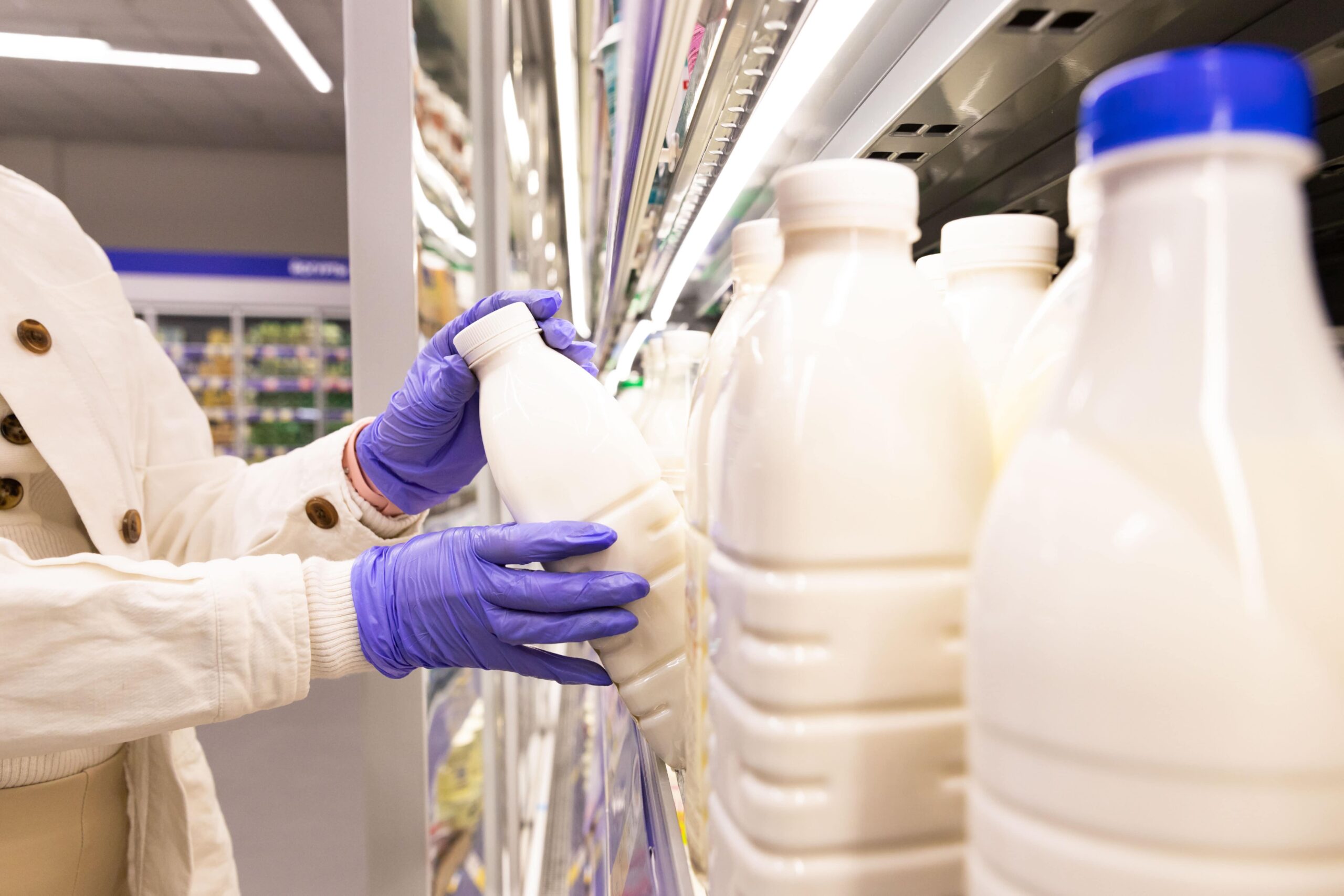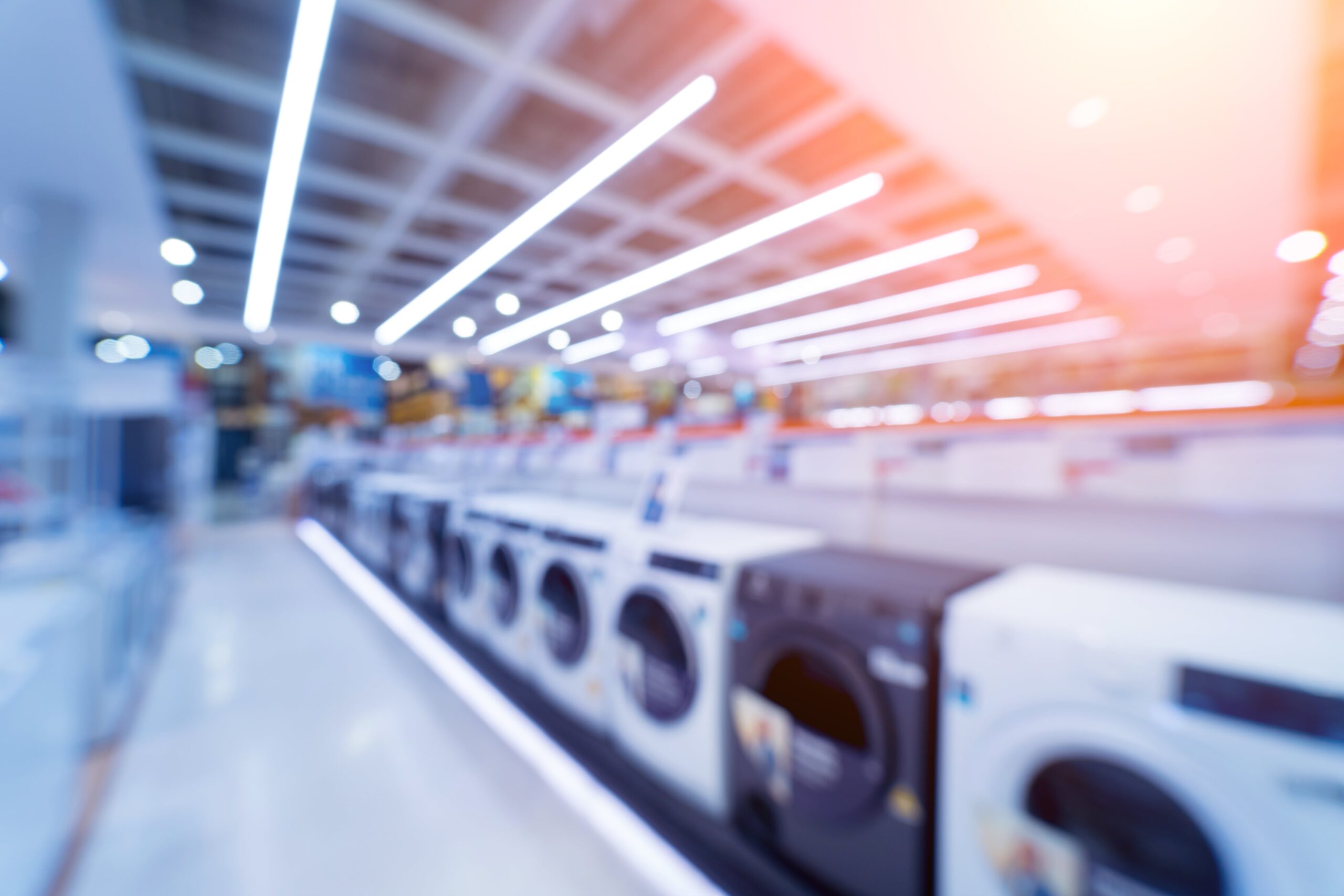Non-ionic softeners are a revolutionary solution that promises to transform your laundry experience. In this blog, we’ll explore how they work, their benefits, and their role in achieving that irresistibly soft and comfortable feel in your garments.

The Science Behind Non-Ionic Softeners
Traditional fabric softeners often rely on cationic surfactants, which carry a positive charge. These positively charged molecules bond with the negatively charged fibres in your clothes, reducing static cling and imparting a soft feel. However, this approach has limitations, particularly regarding certain fabrics like athletic wear or moisture-wicking materials.
On the other hand, non-ionic fabric softeners use electrically neutral surfactants. This means they don’t rely on the attraction between positive and negative charges. Instead, non-ionic softeners lubricate the fibres, reduce friction, and create a smoother surface. This approach makes them more versatile and compatible with a broader range of fabrics, including those designed for high-performance activities.

4 Benefits of Non-Ionic Softeners
- Versatility with Fabrics: Non-ionic softeners are known for their versatility. Whether you’re washing your favourite cotton T-shirt or high-tech workout gear, these softeners can deliver the same level of softness without compromising the performance or functionality of specialised fabrics.
- Preservation of Absorbency: One common concern with traditional fabric softeners is their potential to reduce the absorbency of towels and certain fabrics. Non-ionic fabric softeners address this issue by providing softness without compromising the ability of fabrics to absorb moisture. This makes them an excellent choice for maintaining both comfort and functionality.
- Hypoallergenic Formulations: Many non-ionic fabric softeners are formulated to be hypoallergenic, making them a suitable option for individuals with sensitive skin. Non-ionic alternatives may offer a gentle and effective solution if you’ve hesitated to use fabric softeners due to skin sensitivities.
- Environmental Considerations: Non-ionic fabric softeners are often considered more environmentally friendly than their cationic counterparts. With biodegradable formulations, they present a sustainable option for those seeking to reduce their environmental impact without compromising the softness of their clothes.

Making the Switch
Non-ionic fabric softeners represent a modern approach to achieving soft, comfortable clothes without sacrificing the functionality of specialised fabrics. Their versatility, preservation of absorbency, hypoallergenic formulations, and environmental considerations make them a compelling choice for those looking to elevate their laundry experience.
Switching to non-ionic fabric softeners is logical if you’re ready to bid farewell to stiff clothes and embrace a laundry routine that prioritises softness and versatility. Look for products specifically labelled as non-ionic, and follow the recommended usage instructions for optimal results.

Fineotex: Elevating longevity and sophistication.
FCL is committed to evolving with the dynamic needs of consumers while upholding the epitome of luxury standards. Whether improving durability, streamlining maintenance, or embracing sustainability, they acknowledge the significance of enjoying luxury without concessions.
By unlocking the potential of non-ionic softeners, they enhance the tactile experience and contribute to a lifestyle that is both sustainable and refined.
